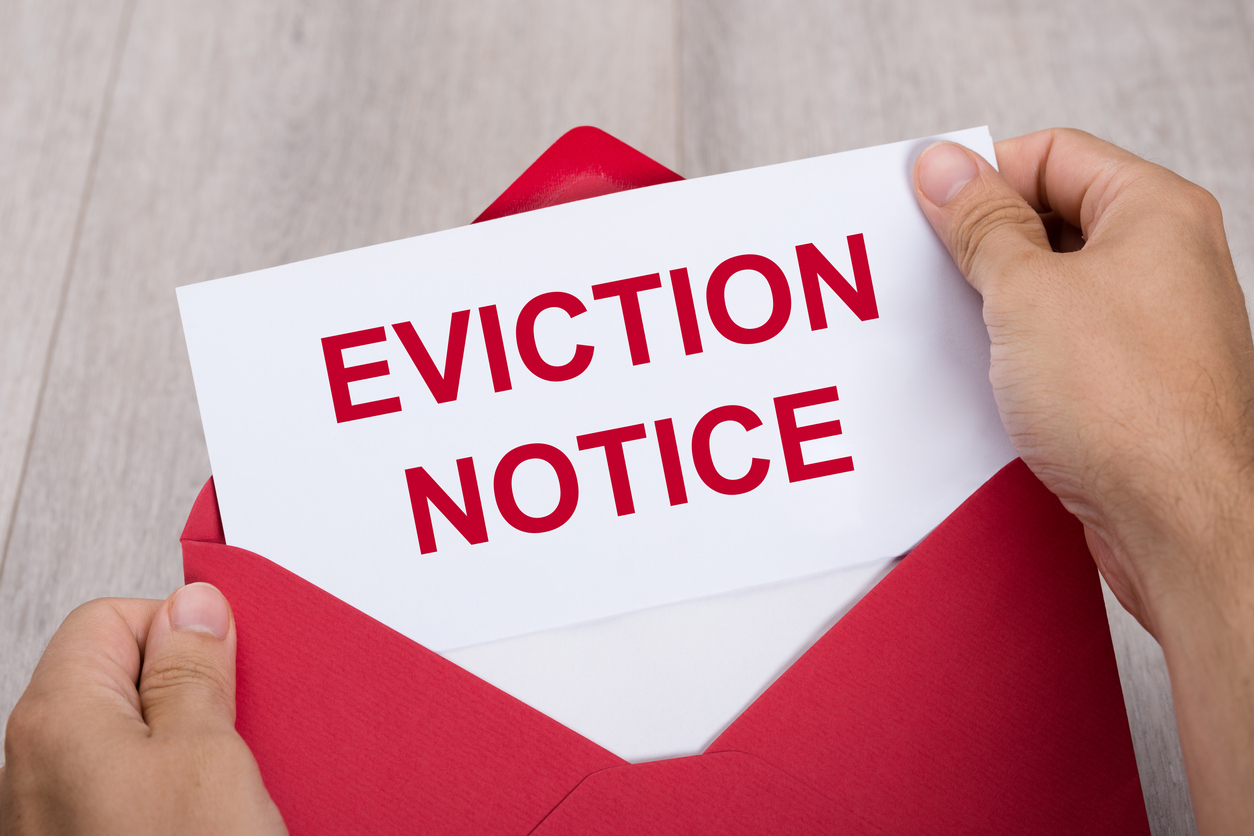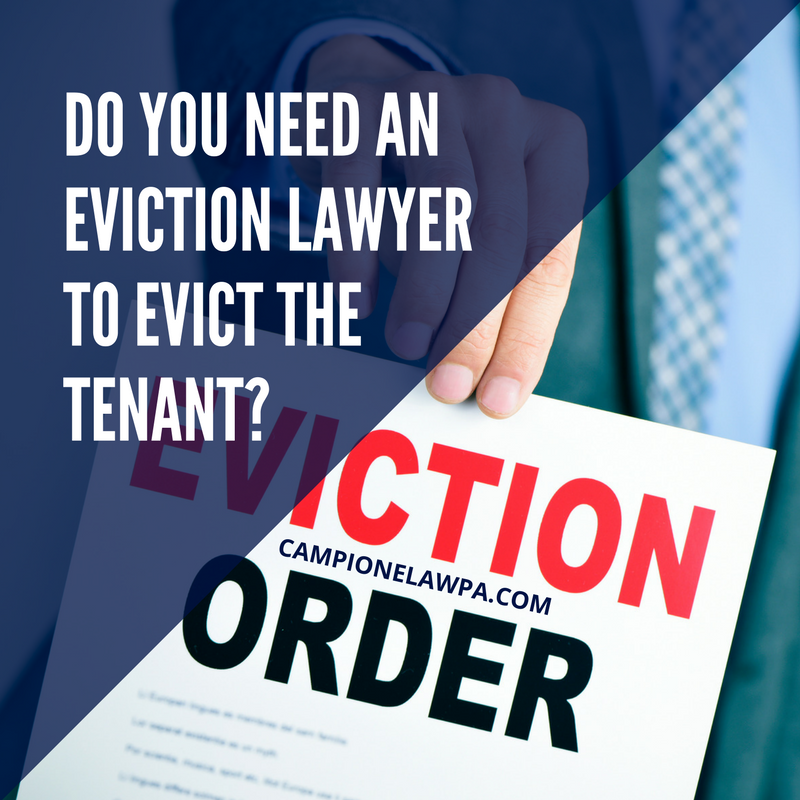Navigating Colorado Eviction Laws as a Tenant
Eviction could be a tough and complex method, both for property owners and tenants. Like a landlord, you must comply with distinct treatments and abide by status regulations to legally evict a tenant. As a renter, being aware of your proper rights and comprehending the eviction approach will help you avoid unjust evictions. In this blog post, we shall explore the laws to evict a tenant and give you information on how the method functions, what notices you must give, and what things you can do to combat an eviction observe.

In Colorado, property owners can evict renters for a lot of factors, which include failing to pay hire, infringement of rent contracts, or unlawful routines around the house. Step one in the eviction process is to provide the renter with a composed recognize showing the reason behind the eviction and requesting that they leave the home inside a distinct timeframe. In the event the tenant breaks down to abide, the property owner can file a suit in court and request a listening to with a assess.
Under Colorado rules, landlords must give tenants a discover of a minimum of ten days to leave for non-transaction of hire and 3 time for lease infractions or against the law activities. When the tenant still refuses to go out of, the property owner can acquire a the courtroom purchase allowing them to evict the renter with the assistance of community law enforcement. It is essential to remember that property owners cannot consider issues into their personal fingers and evict tenants forcibly, because this is illegal and can lead to lawful implications.
In the event you get an eviction recognize out of your landlord, you may have specific proper rights as a renter. You will have the straight to tournament the eviction by processing a answer with all the judge within 7 days of finding the discover. This answer should express the reasons you feel that the eviction is unjust or prohibited. You can also document a counterclaim against the property owner for failing to keep the residence or even for violating your proper rights being a renter.
Even so, renters should keep in mind that Colorado is actually a "shell out-to-keep" state, which means that they have to pay out their rent payments during an eviction going forward to avert being pulled from the home. If the renter can be found to remain the incorrect, they can also be needed to shell out legal professional costs and court costs.

Conclusion:
Being a landlord in Colorado, it is very important fully familiarize yourself with the state's eviction laws and regulations and keep to the appropriate treatments in lawful evictions. Like a tenant, being familiar with your proper rights and alternatives throughout an eviction proceeding may help you safeguard yourself and your proper rights. Each property owners and tenants should search for legal services in case they have any queries or concerns in regards to the eviction approach. By using legal requirements and respecting each other's legal rights, we can easily guarantee a good and simply eviction approach for anyone concerned.
Comments
Post a Comment